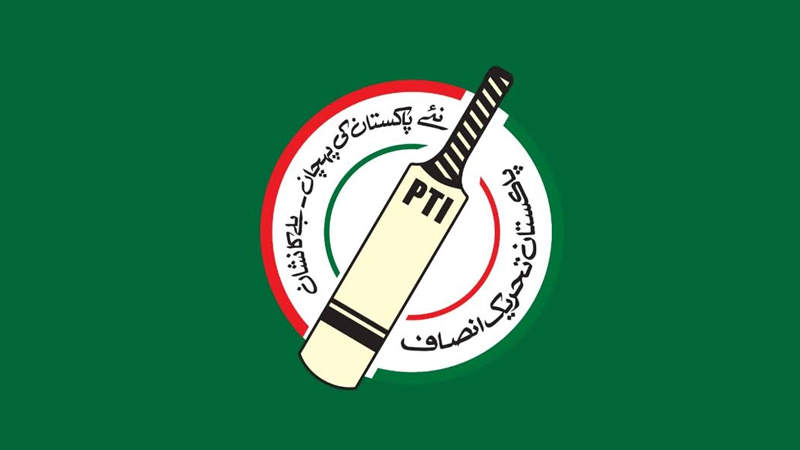The government’s initiatives to outlaw the opposition Pakistan Tehreek-e-Insaf (PTI) are intensifying following what many interpret as an admission of guilt by PTI founder Imran Khan. During a conversation with journalists at Adiala jail, Khan allegedly acknowledged calling for a protest outside the General Headquarters (GHQ) if he were arrested. While Khan’s legal team and party members insist the protest call was meant to be peaceful, opponents have seized upon his statement, viewing it as a confirmation of their concerns about the party’s actions.
Information Minister Atta Tarar announced the government’s intention to ban PTI, indicating a principal decision has been made but awaits broader consensus among ruling allies. This represents a shift from the earlier stance that deliberations among coalition partners were still in progress.
PPP’s legal challenge to SC verdict on PTI
In parallel, the Pakistan People’s Party (PPP) has approached the Supreme Court, challenging its July 12 verdict which awarded reserved seats to PTI, recognising it as a parliamentary party. The PPP, represented by senior counsel Farooq H. Naek, argues that the Supreme Court’s interpretation of Articles 51(d)(e) and 106 incorrectly affirmed PTI’s status as a legitimate political party based on the results of the February 8 general election.
This marks the third such review petition, following submissions by the Pakistan Muslim League-Nawaz (PML-N) on July 15, and three PML-N women members elected on reserved seats. These petitions contend that the SC overstepped its jurisdiction by entering the realm of legislation instead of merely interpreting the Constitution.
The PPP’s petition asserts that PTI did not pursue any legal action before the Election Commission of Pakistan (ECP), Peshawar High Court, or Supreme Court, hence should not receive any relief. It also challenges the SC’s short order, which it claims deviates from the Constitution, the Elections Act, 2017, and settled jurisprudence.
Internal PPP dynamics and coalition politics
The PPP’s decision to file the review petition came as a surprise, especially after the party had advised the PML-N to reconsider its decision to seek a review just days prior. This internal discord was evident during a meeting at the Presidency on July 19, where the PPP expressed dissatisfaction with the PML-N for not consulting them on strategies regarding the PTI issue.
A senior PPP leader, speaking anonymously, revealed that the party’s top brass decided to proceed with the petition following a formal request from the PML-N, highlighting coalition dynamics. The PPP’s move aims to assert parliamentary supremacy and signal to other institutions to adhere to constitutional boundaries.
Despite initial opposition within the PPP to filing the petition, they ultimately agreed to support the PML-N to uphold coalition solidarity and emphasise their stance on constitutional interpretation and legislative authority.
Implications and next steps
The government’s push to ban PTI, coupled with the legal challenges led by the PPP and PML-N, underscores the escalating political tensions in Pakistan. As these developments unfold, the implications for PTI and its future in the political landscape remain uncertain, with potential significant impacts on the country’s governance and democratic processes.
